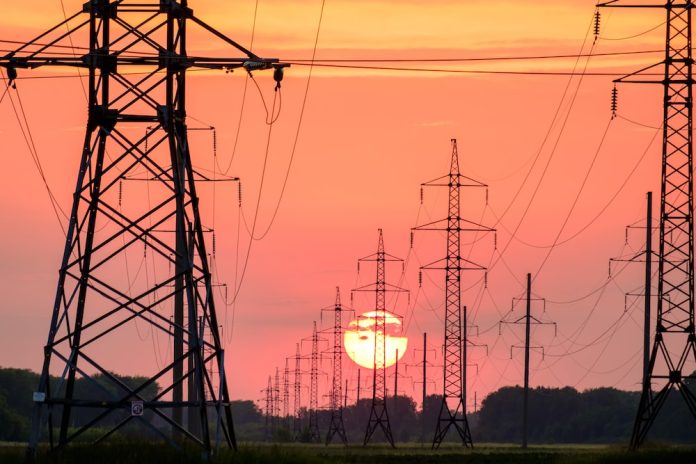Unprecedented macroeconomic challenges have ensnared all sectors across the globe and also in Pakistan. Rising interest rates and precipitous declines in the value of the PKR, coupled with import restrictions and ad-hoc policy-making are massively denting the economy and reducing industrial activity to historically low levels. The 50-year record breaking inflation has rendered companies and end consumers, hapless.
Recent reports showed that the public sector distribution companies experienced a historic 8% slowdown in unit sales for the 9MFY23 period as compared to the previous fiscal year. Meanwhile circular debt is also surpassing the 4 trillion mark further aggravating the crisis of governance with a fresh injection of Rupees 400bn debt from state owned power sector companies.
These disproportionate circumstances have also impacted K-Electric, the public sector’s sole privatization success story. The company recently posted substantial losses of PKR 38.4 billion for the 9MFY23 period owing to persevering economic challenges. These factors; namely, rupee devaluation leading to exchange rate loss, an increase in impairment loss against doubtful debts due to high inflation, government-mandated increases in consumer tariff, surging inflation, policy rate hikes, and reduction in economic activity.
Interestingly, Karachi being the hub of activity would be expected to perform poorly but the company has reported a 5.8% reduction in sentout units compared to the 8% in the country which indicates they are tracking relatively better.
However, operating under regulated tariffs and rigid policies seems to be preventing KE from receiving adjustments against changes to sent-out and policy rates. In the company’s financial results the majority of the losses stem from policy gaps and no flexibility to recover actual costs.
While KE’s woes do not bode well for Pakistan’s desire to attract FDI. due to privatisation, the losses of KE will not burden the tax payer nor contribute to the circular debt.
Whereas the deficit of recovery targets and deterioration of transmission and distribution losses of the X-WAPDA DISCOS are passed on directly to the national exchequer.
As the sector grapples with a deepening crisis, the solution to these challenges continues to lie in policy reform. The future lies in solarization which can enhance access to affordable energy for the masses and needs to be promoted and actively pushed ahead as a unifying agenda. Circular debt needs to be arrested, and possible solution is to move towards cost-reflective tariffs to minimize the fluctuations in prices. Lastly, and most importantly, privatization of the power sector must also be considered especially as the country aspires to move towards a liberalized market.


